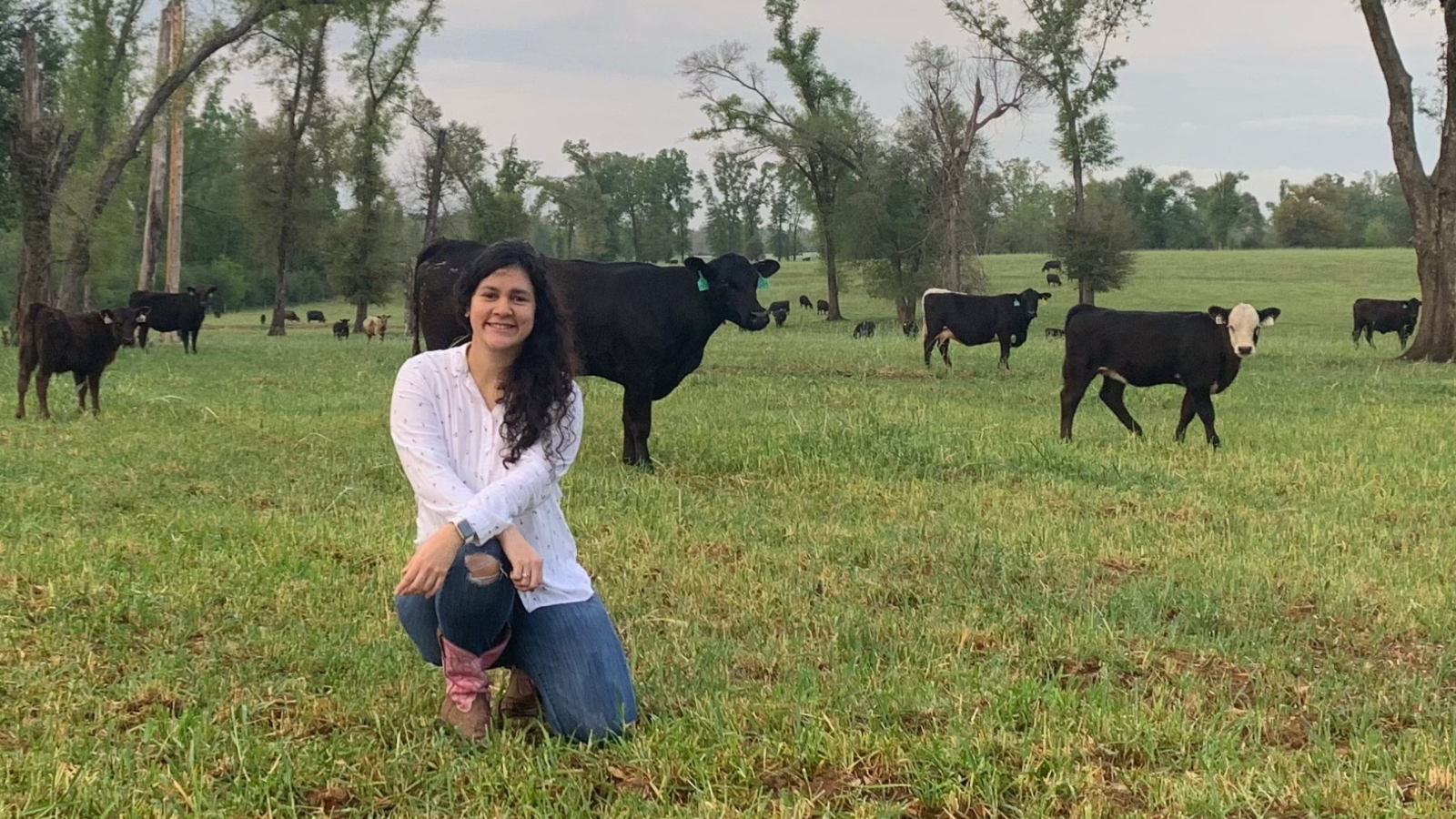What is a Major in Sustainable Agricultural Systems?
Your farm may be a long-held tradition, but the operations are increasingly modern. Technological advances and new farming techniques offer potential to sustainably increase production, such as vertical farming, hydroponics and agrivoltaics. Learn how to harness these innovations alongside the researchers developing them!
This major teaches you how to maintain and enhance the performance of agricultural systems (including people, plants, animals, soil, water and other resources) in efficient and sustainable ways. Key areas of study include agricultural production systems, natural resource management and their relationship to social and economic systems in local to international contexts. Graduates can pursue accreditation as a professional agrologist (P.Ag).
Featured Courses
An introduction to methods and tools that are used to solve quantitative problems related to agriculture, food, forestry, and the environment. Emphasis is on the use of these techniques for economic analysis. Students are introduced to the use of linear algebra, calculus and constrained optimization techniques. Classroom examples, laboratory assignments and computer tutorials are provided to give practice in applying quantitative tools to empirical problems.
The historic and contemporary role of rural regions and extractive economies in the global marketplace is discussed from a macrosociological perspective. Sociological concepts are applied to the study of the structural constraints and opportunities facing social and economic systems in rural regions.
The basic principles by which the cycles of water, carbon, and nutrients through soils, plants, and the atmosphere are controlled in terrestrial ecosystems under different climates. Interrelationships among water, carbon and nutrient cycles in natural and managed ecosystems that have developed in different climatic zones. Environmental consequences of human intervention in the cycles for food and fibre production in different ecosystems.
Land-management issues that influence the sustainability of both agriculture and the land resource. Role of ecological processes in determining sustainability and the development and adoption of practices that facilitate long-term viability of both agriculture and biophysical resources. The concept of the agro-ecosystem and application of ecological principles to agricultural land management. Use of environmental indicators to measure and predict long-term sustainability of agricultural land management.
Feature Careers
Agrologists offer advice and services related to agricultural and environmental science and technology. They apply scientific principles to the cultivation, production, use and improvement of plants and animals, and to the management of associated resources. Agrology is a regulated profession in Alberta. Graduates from the BSc in Agriculture are eligible to become a Professional Agrologist (P.Ag). Average Salary: $82,405
Agricultural Commodity Inspectors make sure agricultural products meet government standards for processing, storing, producing, and transporting food. Average salary: $53,226.00
Source: Government of Alberta, Occupations in Alberta
You may also
be interested in:
Programs related to a major in Sustainable Agricultural Systems:

